Those that follow a low-histamine vegan diet (or suffer from allergies) may soon realize the true power of plants, and how incorporating more plant-based foods into your daily routine can be beneficial for mind, body, and soul.
Naturally, this can spark curiosity about whether using herbs can help along the way…and the short answer is, YES!
Using herbs alongside your plant-centered meals can DEFINITELY help get your system back into balance, and they can do so in a gentle and soothing way. I absolutely love the simplicity of this fact, since I’ve been using herbs as part of my family’s “health care” for years now. I’ve seen the positive affects first hand and can tell you truthfully, it’s not hard to do and can reap major rewards!
Many people can get overwhelmed though, the first time they start to read up on herbs. The “how much”, “how often”, and “where do I get it” questions flood the mind. Our society likes to think of remedies as tonics in little pretty bottles on shelves, instead of as plants we use in our food. Luckily, I’m here to tell you that it doesn’t always have to be a “dosage”, but can also be a natural part of your dinner routine.
So cheers to that!
Below, you’ll find a few of my recommendations when it comes to herbs for low-histamine vegans + those that suffer from allergies. These herbs were chosen because of either their antihistamine and anti-inflammatory benefits, or their place in stress management. And don’t worry, I’ll give you a full description of the advantages and where you can find them/how to use them.
Lastly, I must stress that I am not a medical doctor, just a home herbalist- please consult your physician before making any drastic health changes and/or if you are currently taking medication or have a life-threatening health condition. While these herbs have worked for me, they may or may not work for you. So please, be gentle with yourself when incorporating new herbs into your diet. And remember, unlike drugs and medications, herbs aren’t necessarily “fast-acting”- many of them require a fortnight of daily usage before you begin to see positive results.
[convertkit form=5022414]
Best Herbs For a Low-Histamine Vegan Diet
Stinging Nettle
Perhaps the most important herb when in comes to dealing with histamines, stinging nettle is a natural antihistamine and anti-inflammatory plant that can easily be found in your local grocery or health food store (and it’s not expensive either!). Nettle can help reduce irritation and inflammation that comes with not only seasonal allergies, but to those who are histamine intolerant; this is good news for those who suffer from allergy-like symptoms in relation to food sensitivities.
Unlike prescription medications, allergy shots, or Benadryl, which can have nasty side effects, stinging nettle has no negative side effects and can be used on the daily! Beyond the soothing qualities nettle has towards allergies, it is also very nutritious, and can be used in a number of recipes.
Usage: Many herbalists recommend using a nettle tincture, which can be found at most health food stores. However, if you are sensitive to alcohol, you can find an alcohol-free + gluten-free nettle tincture on Amazon by clicking here. Alternatively, you can also use nettle tea, which can be purchased at most mainstream grocery stores in the natural food section. My favorite brand is “Traditional Medicinals”, and you can also get it on Amazon by clicking here.
(Pst! Check out the recipe for my Nettle Smoothie in my *NEW* cookbook, “Low-Histamine Vegan: TOTAL RESET”!)
Turmeric
While we are on the subject of anti-inflammatory herbs, I have to mention turmeric a.k.a curcumin, which is one of my all-time favorite herbs! This herb is a fantastic choice for digestive disorders, IBS (irritable bowel syndrome), and IBD (inflammatory bowel disease), as it eases intestinal ailments and can reduce abdominal pain. This makes sense, because turmeric contains a special compound called curcuminoids, a powerful antioxidant and natural pain reliever!
While you may or may not be experiencing these symptoms, I have heard from many who are juggling multiple conditions, including Crohn’s disease. Furthermore, some symptoms of histamine intolerance includes diarrhea and flatulence- both of which can be caused from poor digestion. Working in herbs that soothe your digestive system is certainly one everyone should take advantage of!
Usage: The best part about using turmeric is that it goes good on practically anything! I love sprinkling a generous amount of organic powdered turmeric on any vegetable prior to baking, and I’ve even mixed it in my morning smoothies! Of course, you can also blend it with hot dairy-free milk for a homemade latte, OR grab a box of turmeric tea on Amazon by clicking here.
Cleavers
Since it’s springtime here in the states, I couldn’t pass up the opportunity to talk about cleavers, a moistening herb that can help release toxins in the lymphatic system. You may already know that your lymph nodes help filter (and capture) wastes, toxins, and other foreign substances, but did you know that your lymph nodes house the white blood cells responsible for our immune response? This is important to know, since many people who suffer from histamine intolerance experience allergy-like symptoms when consuming (or even topically applying) certain foods/substances; this is all connected to our immune response!
Therefor, using an herb such as cleavers, which can help cleanse the blood and detox your lymphatic system, can be very beneficial. Also, if you are experiencing eczema, another condition related to allergies, cleavers can help treat this topically as well!
Usage: One of the things I love about this herb is that it can easily be found in most backyards! You can read more about identifying cleavers by reading my post here. Fresh cleavers can be used in soups and can also be made into a tea for topical usage. However, if you don’t have cleavers in your area OR would rather try using a tincture, you can check it out on Amazon by clicking here (it’s alcohol-free + gluten-free!).
Ashwaganda
While food is of course one of the primary factors when dealing with histamine intolerance, I ask that you don’t forget about what STRESS can do to the body! Excess stress can trigger a histamine release and can flush any low-histamine diet down the “the loo” in an instant. This is why I highly recommend taking some form of adaptogenic herb (such as ashwaganda) to help manage stress. There are many beneficial adaptogens available, but in this case, ashwaganda is special because it contains withaferin A, a compound responsible for preventing histamine release from mass cells.
As an adaptogen, ashwaganda can help manage depression, anxiety, and even insomnia, which is why it is a great after-dinner herb.
Usage: Ashwaganda can be taken in capsule form, which you can find on Amazon by clicking here. You can also use an alcohol-free tincture, which you can find on Amazon by clicking here.
Ginger
I couldn’t possibly end this list without GINGER, an herb that is universally known and easy to incorporate into any diet. Apart from being a fiery herb that is credited to helping relieve nausea, ginger is also high in antioxidants and contains anti-inflammatory properties. As mentioned earlier (with turmeric), this can help with digestive orders, prevent bloating, and even reduce pain and/or abdominal cramping. Ginger can also work well on allergic reactions, such as hives, by adding cooled ginger tea to bath water and soaking for 20 minutes.
I must mention though, that ginger is classified as a “hot” herb, and may not work well with fiery constitution, as believed by those who work with the energetics.
Usage: Like turmeric, powdered ginger can be used in a number of dishes and sprinkled generously on vegetables prior to cooking. You can also add fresh ginger to stir-frys or soups, and even smoothies. Fresh and powdered ginger can easily be found at your local grocery store, or you can order it on Amazon by clicking here.
Conclusion
I hope that this post has helped you learn about the medicinal properties and benefits of incorporating herbs into your low-histamine vegan lifestyle!
For more information about the power of herbs, and to get my FREE ebook “5 Grocery Store Medicinal Herbs That Can Improve Your Health TODAY”, please sign up for my special herbal mailing list below!
Thank you for taking the time for your health and happiness!
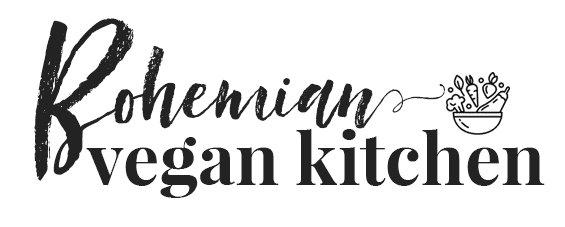

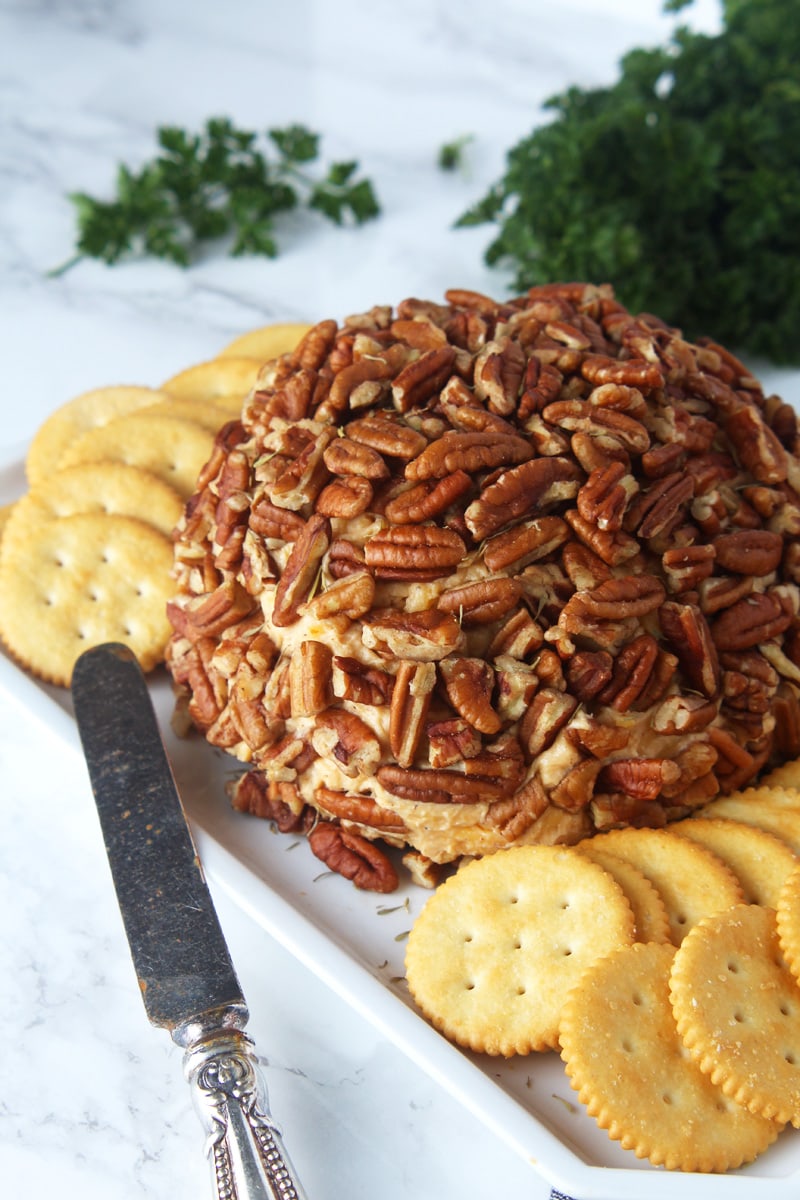

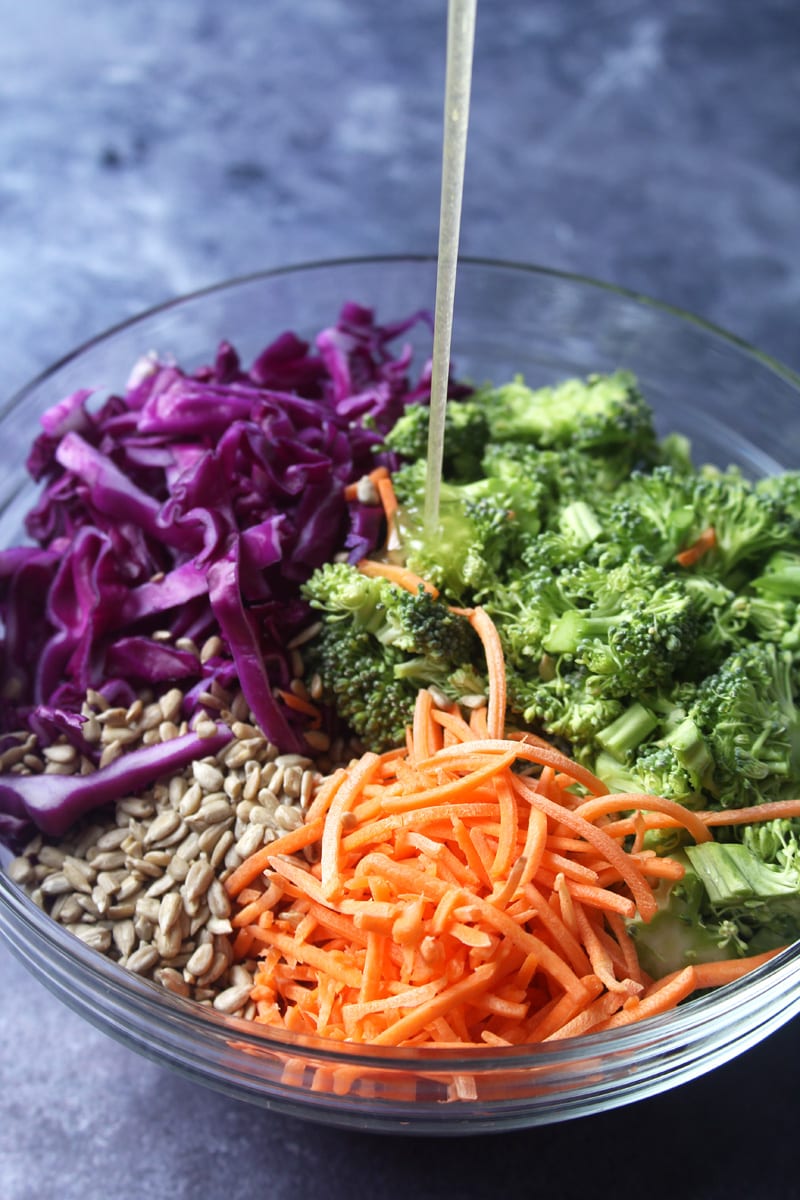

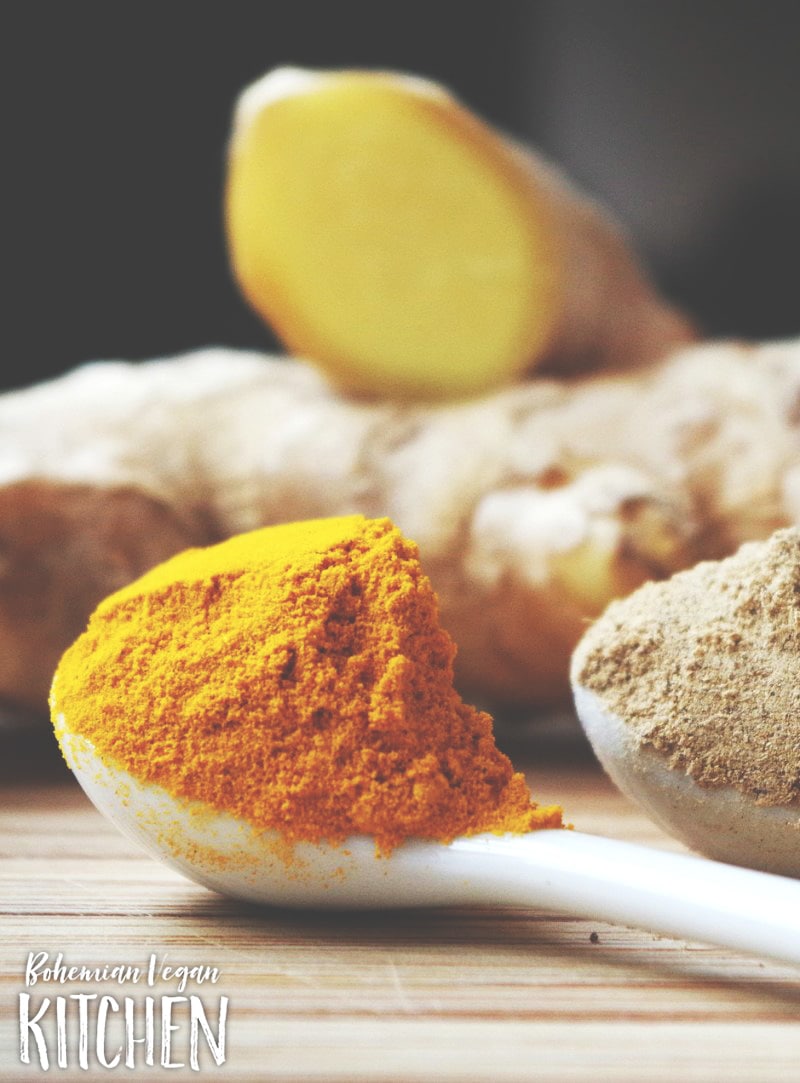
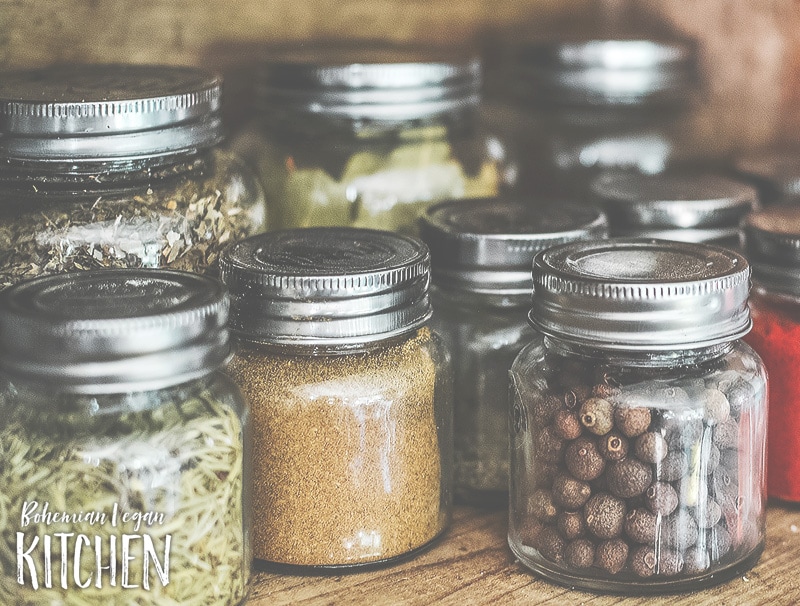
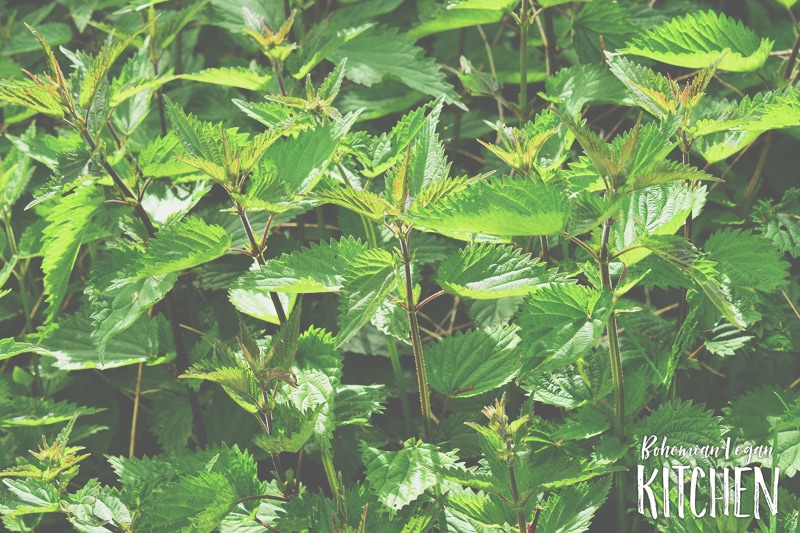
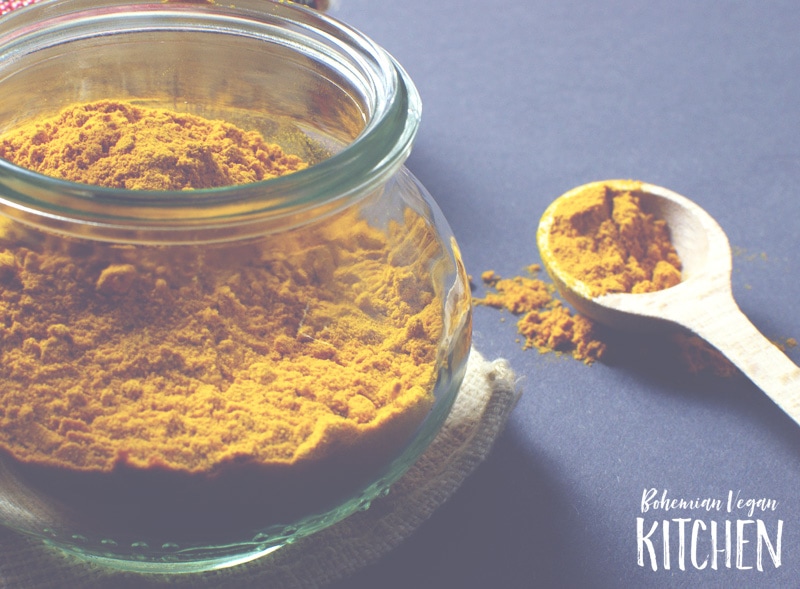
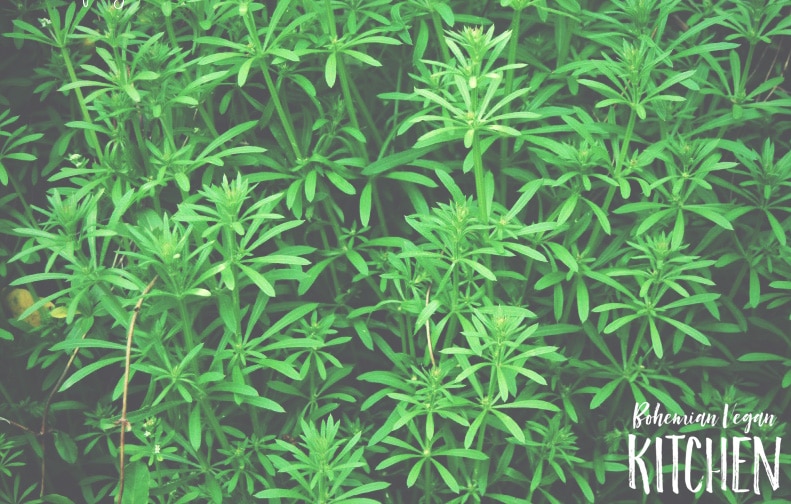

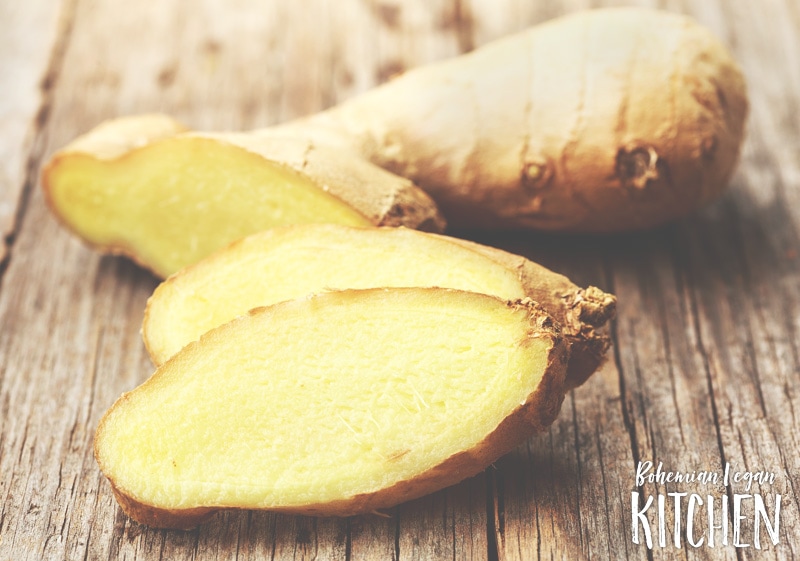

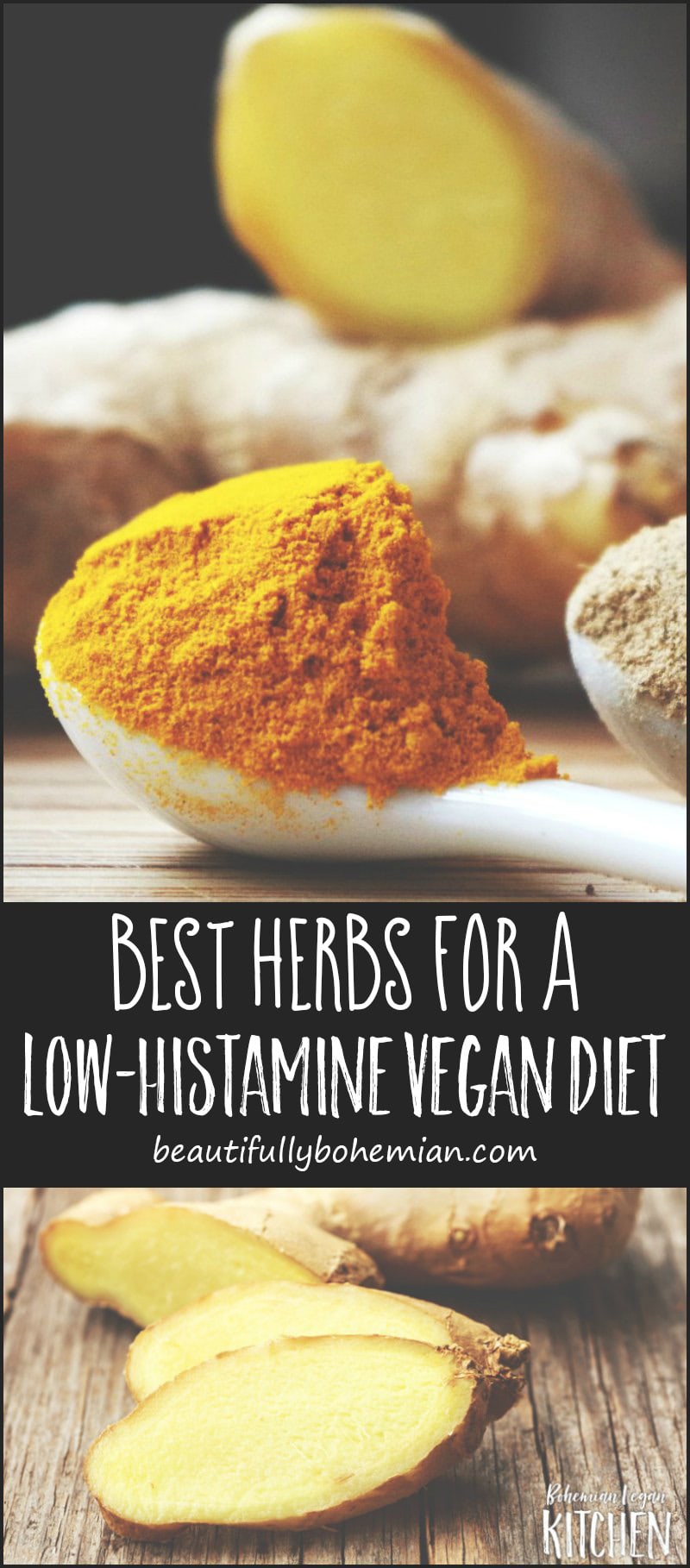
Stephanie
This is so interesting. I always get sick from allergies in the springtime so these tips are going to be so great this year. Thank you!
Randi Tisdall
YES Stephanie, these are great herbs to have on hand for seasonal allergies! The pollen down here in the south gets out of control too lol, so drinking nettle tea is a must!
Linda from Veganosity
I’m a huge believer in the power of plants. I put fresh turmeric and ginger in my morning smoothie and they work wonders. This is a great post. Thanks!
Randi Tisdall
Yummy! That sounds like a great way to start your morning Linda!
Vanessa @ VeganFamilyRecipes.com
Thanks so much for sharing all this valuable info! I’m always looking for different, healthy herbs to add to my diet and I’ll have to use all the ones from your list! Thanks again!
Randi Tisdall
Wonderful Vanessa! These are some of my favorite herbs because they are so easy to find and use.
Anna
I love using herbs and spices in my kitchen, and luckily, I’m not limited with what I can have. But I loved reading your post Randi, you always have some great advice and tips!
Randi Tisdall
Thanks so much Anna!
Marly
I love the use of herbs as a way of healing, so thank you for this post on reducing histamine naturally. Diet can be such a good first step to a lot of health conditions!
Randi Tisdall
Thank you Marly!!